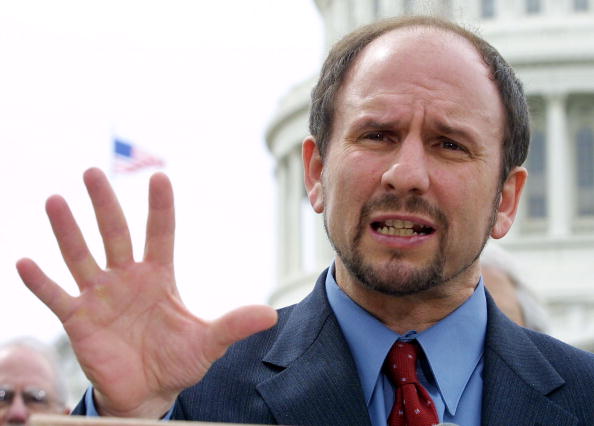Wisconsin of a century ago struggled with economic inequality, falling wages and political corruption. Out of that mess a feisty populist leader – Fighting Bob La Follette – kicked off a long line of Midwestern progressive fighters and turned our state into what he called a “laboratory of democracy” based on the will of the people.
Unfortunately, recent use of our state as a laboratory to gain national attention, has resulted in social experiments far less representative of Midwest values.
But there are a lot of us here in the Heartland who still believe that what we are supposed to do with government is to make people’s lives better. In the upper Midwest we are kind, pragmatic people who care about our neighbors and genuinely like other people. It was another Midwesterner, late Minnesota Senator Paul Wellstone, who summed up this connection in a quote I love: “We all do better when we all do better.”
How true. And simple. And unfortunately not heard enough in politics today. But there are some ways to ensure we all do better that are actually not that difficult to achieve. And the majority of America – those in the middle class and those aspiring to be in the middle class – connect over these conversations all the time.
How can you work a 40-hour week and afford your mortgage and groceries? How are you able to pay for childcare or college or plan a vacation? How do you provide opportunity for your family? In other words … how do we all do better?
Let’s try these three steps.
First: How do we help people get good, family supporting jobs? By investing in higher education so that no one is denied simply because they can’t afford to attend. And by providing real skills-training and apprenticeships for millions who choose not to attend college.
The average college student graduates with $29,000 in debt and student debt now totals $1.3 trillion. And the cost of college has increased by 300% in the last 30 years. That is why I have a bill with my friend and colleague Minnesota Rep. Keith Ellison to make college debt free. If you are willing to work hard enough, no one should be denied access to a higher education or skills training in this country.
We also need to grow apprenticeships. In the U.S. fewer than five percent of people train in apprenticeships, but in Germany closer to 60% do, in fields as diverse as IT, banking, healthcare and more. Wisconsin has been a leader in apprenticeship training since 1911, when we established the nation’s first apprenticeship law, serving as a model for the National Apprenticeship Act of 1934. Our state can once again lead a renewed effort on apprenticeships and create new pathways to good-paying jobs.
Second, how do we help make sure people who are working get paid well enough to support their families? You do that by doing everything we can to make it easier to form a union. We need to pass measures that encourage collective action by workers to have a say in their workplace. And we must stop bad trade deals, like the Trans Pacific Partnership, that ship jobs overseas and depress our wages here. Such deals are less about exports and more about rewriting the rules to favor corporations across the globe.
And finally, how do we help lift people who work hard and play by the rules out of poverty? You raise the minimum wage to $15 and expand social security.
The vast majority of minimum wage workers are women, average age in their mid-30s and for most, it is their primary source of income. Around 53 million U.S. workers make less than $15 per hour, including more than 50% of African-American workers and close to 60% of Latino workers. Making the current minimum wage means living in poverty in this country, and a large number of minimum-wage workers have to work additional jobs and receive public assistance.
And for those who worked hard all their lives and played by the rules, but are living on way too little, often with small or no annual increases, it’s way past time to expand social security.
Seniors spend more on things like medicine than they do on gasoline, and we need to recognize that with better indexing to increase those benefits to cover their real expenses, at the same time make the wealthier pay more into the system. Lift that regressive, arbitrary cap of about $117,000 where you no longer collect social-security taxes and extend the program for decades to come. I introduced a bill to do just that this month with some of my colleagues, to help boost the average benefit by $120 per month for America’s seniors and make the wealthy pay more. It’s time our seniors got a raise.
That’s it. Help people get good paying jobs. Help people get paid well and stimulate the economy. And help people who work or worked hard to not live in poverty.
What our friend Sen. Paul Wellstone said 17 years ago is as true today as it was then. We all do better when we all do better. That’s the Midwestern way. That’s the Wisconsin way. That’s the progressive way. And that’s the way to turning around our state and nation.




























